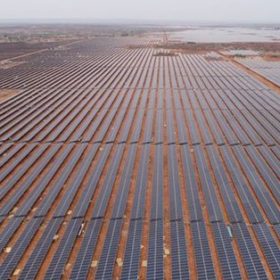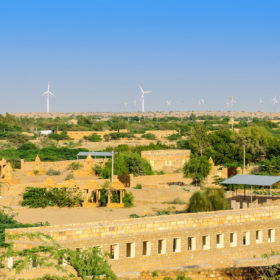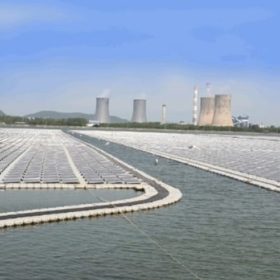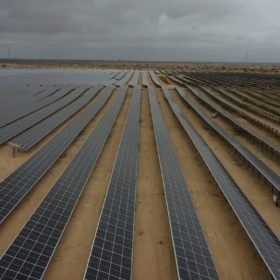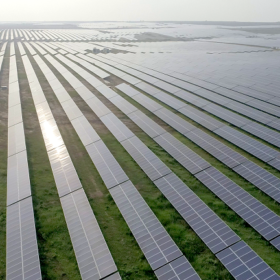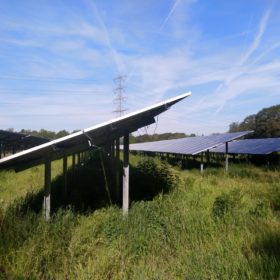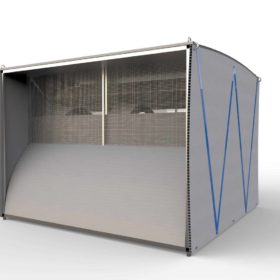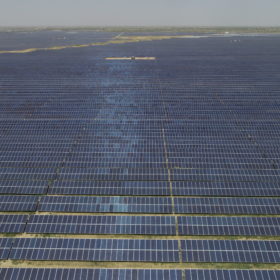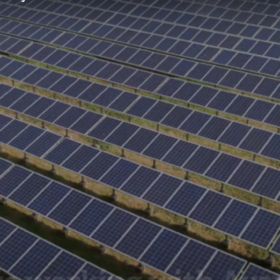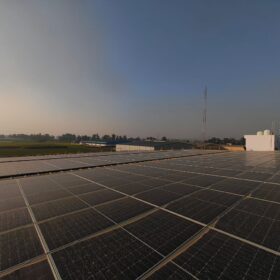Defining BIPV
Incorporating solar into our built environments represents an opportunity for hundreds of gigawatts to be installed worldwide without taking up any additional land. In many cases though, this will require solutions beyond typical rooftop PV installations and much closer cooperation between the PV and construction industries. A new report published by IEA PVPS looks to bring together the interests of both worlds, and clearly categorize both the building envelope and energy functions of different BIPV components.
India has reached 46,247 MW of installed solar capacity as of October 31
Rajasthan (8,644 MW), Karnataka (7,483 MW), and Gujarat (6,052 MW) lead in solar installations.
India’s clean power target will double electricity supply economically if low-cost storage is deployed
Berkeley Lab report finds historic lows in clean energy prices position India to transform electric system
West Bengal tenders 22.5 MW floating solar on ponds at thermal power stations
West Bengal Power Development Corporation Ltd has invited bids to install and commission floating solar plants on water ponds of thermal power stations in the Birbhum, Purulia and Murshidabad districts. Bidding closes on January 24.
2021 could be India’s best-ever year in new solar addition
With 7.4 GW of new solar already installed in the first nine months, the year 2021 is headed to become one of the best years on record for new solar installation in India.
Madhya Pradesh producing more than 5.3 GW of solar power daily
The State is now self-sufficient in power generation with 22 GW of electricity produced per day from sources including water, coal, wind, and sun.
Virescent acquires 55 MWp of operating solar assets from Focal Energy
The acquisition is in line with Virescent’s strategy to acquire operational renewable energy assets that have stable long-term cashflows with government counterparties across India.
Hybrid wind-solar generator for rooftop applications
French startup Wind my Roof has developed a new wind power system equipped with two rooftop PV modules. It is currently testing a prototype in Paris.
Over 90% of India’s solar and wind projects received investment-grade ratings in 2020
An analysis by the CEEW Centre for Energy Finance reveals that India’s renewable energy sector has made significant progress on the back of policies that have helped mitigate several risks for solar and wind project investors.
Ayana Renewable Power commissions 150 MW solar in Rajasthan
The Bengaluru-based renewable energy developer has commissioned part capacity of its 300 MW solar project in Bikaner.

